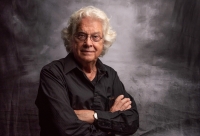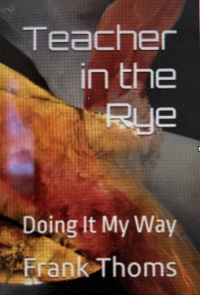Looking Through the Fingers
“Illya received a 2 [D] on his Russian exam last year,” she said with all seriousness, “which meant he would be kept back in the eighth form. When he wrote his make-up exam, there were too many mistakes. He left out dashes, punctuation marks, capital letters, and other such things. So I asked the director to give me Illya’s exam. I said that I wanted to just look at it. I took my pen and put in the dashes, capitals, and commas where necessary. Then I said to her, ‘See there aren’t many mistakes, so we can give him a 3, not a 2.’ That’s why he’s with me in the ninth form now.”
Zoya’s account of correcting Illya’s exam in front of the director was a new twist on exams. From that moment, I realized that everyone in the schools––students, teachers, directors––were in on subverting the repressive Soviet educational system. The Party directed and controlled the curricula, published all textbooks, and articulated proper pedagogies. Students had six or seven classes a day including Saturdays. They had homework in each subject. Teachers graded each student at every lesson. Exams were required at the end of the year. Teachers wanted students to succeed; their success meant the school’s success.
Looking back on that time, I cannot decide on which culture, Soviet or US, I would prefer to teach. There was something comfortable in the Russian way of students helping each other––and teachers (and even directors sometimes) being in on it. In comparison to our increasingly competitive culture I sensed a more relaxed atmosphere among Soviets, despite living in a less affluent authoritarian culture. What do you think?

